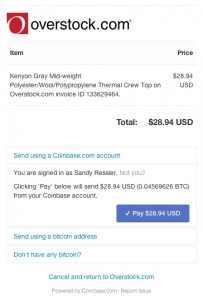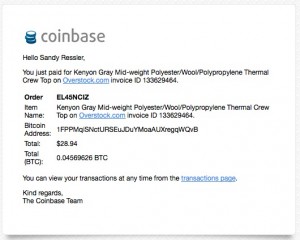Everyone is concerned about the security of their bitcoins, and we are constantly reading stories of one or another persons getting their bitcoins stolen. (Of course following bitcoin best practices should reduce your changes of being victimized. Advice such as described at: http://bitcoinsecurity101.com/getting-started/ is a good start.) One big step forward in the improvement of bitcoin security is a little known, rarely used feature called “multi-signature”. The bitcoin core reference libraries support multi-signature capabilities and I expect to see a significant uptake in the usage of this important feature. Let’s explain, what multi-signature is all about.
Just like the name implies a multi-signature transaction requires more then one signature. Let’s say that Bella has some bitcoins and needs to pay Murray. In a regular bitcoin transaction Bella will simply use her wallet to enter one of Murray’s bitcoin addresses and “send” the bitcoin. Murray would see the new bitcoin in his wallet and that’s the end of the story. In a multi-signature transaction Bella would still be sending bitcoin to Murray, however in order for Murray to actually receive the bitcoin, a third party, Gail, would also have to sign the transaction. Note that this requirement for a third party, an arbitrator, also greatly improves the security of the bitcoins in your wallet. Even if a nasty party, found the private key for Bella, he still couldn’t spend the bitcoin without also knowing Gail’s private key, a much less likely event.
By the way a multi-signature address always begins with the number 3, and looks like: 34CRZpt8j81rgh9QhzuBepqPi4cBQSjhjr. This lets you quickly visually scan the address and verify that it is indeed a multi-signature transaction.
There is a good, more technical article, about multi-signature on BitcoinMagazine at: Multisig: The Future of Bitcoin by Vitalik Buterin. Multi-signature wallet capabilities are just beginning to fill the Bitcoin ecosystem and we can look forward to many new innovative wallets that will make the creation and usage of multi-signature transactions simple. There are a few multi-signature capable wallets, such as BitGo, Bitrated and the core reference Bitcoin-QT. Usage of multi-signature is still new and somewhat novel, so beware. However multi-signature transactions promises to greatly improve the security of Bitcoin and I’m very much looking forward to lots of user friendly implementations.


